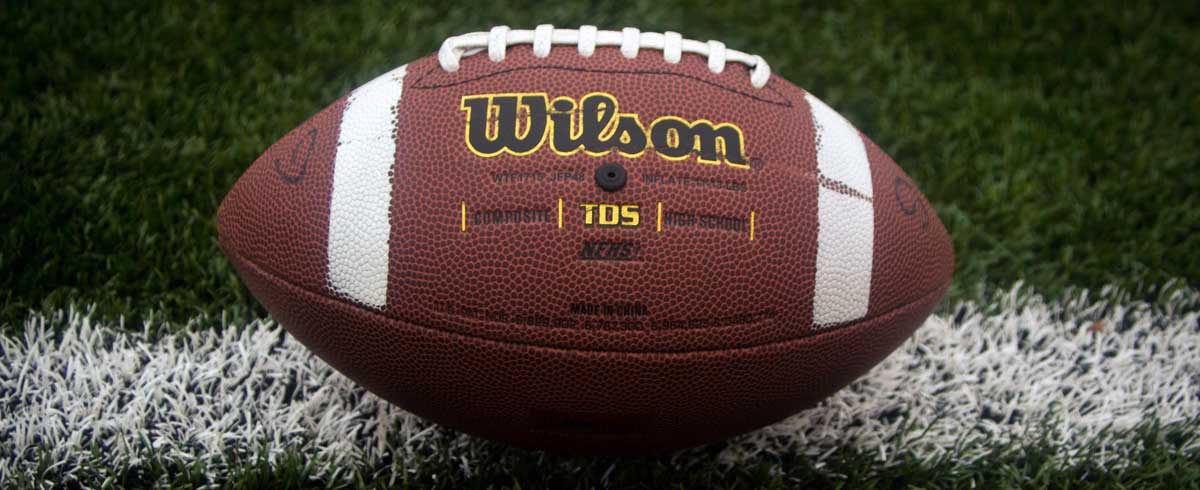How the NFL Playoffs Proved there’s “No Shame in Taking a Profit”

When you watch any good competition objectively—with no blind loyalty for either opponent—you free yourself to glean major takeaways from the complete experience. I honestly had no favorite in this past weekend’s NFL Playoff matchup between the Baltimore Ravens and Buffalo Bills (sorry Bills Mafia!), which is likely the reason why a remark made by analyst Cris Collinsworth during the NBC Sports broadcast became instant gold for a leadership lesson I feel we all can learn from.
“There’s no shame in taking a profit,” the retired NFL wide receiver turned color commentator said casually to his broadcast booth teammate Al Michaels.
At the time, the defense of the Buffalo Bills had effectively taken away the major strengths of the Baltimore Ravens offense. Having scouted and prepared tirelessly, Buffalo’s strategy of not allowing deep passes to Baltimore’s outside receivers was working. They also were doing a remarkable job limiting Baltimore’s usual dependence on running the football—stymying reigning league MVP quarterback Lamar Jackson and holding the explosive Ravens to just three points through three-quarters of play.
But Collinsworth’s comment came in the fourth quarter as Baltimore put together its most substantial drive of the game—14 plays and 66 yards down the field to put them in scoring position with a chance to tie the game. You see, the Ravens had become so frustrated that their go-to plays were not working against the Bills that they stopped trying to force the long pass or run the ball up the middle. Instead, they adjusted to throwing short passes over the middle to slot receivers and tight ends. As a result, they were “taking a profit,” from the small gains and putting themselves into a position to score. It wasn’t the typical flare of their offense, but for the first time all game, it was productive. They were taking what Buffalo gave them…and it was working.
The lesson in that is recognizing what your opponent is trying to prevent you from doing—and then making the most of what they are giving you. It’s human nature that we all want to focus on the dramatic—to throw the spectacular pass and see huge gains with every attempt. But sometimes the thing you need to do is to take profit in what the opposition is giving you.
In most cases, when your competition is working to prevent you from achieving something big, they are simultaneously softening their defense around a different area. It’s true In most aspects of competitive environments. The key is being able to read what they’re trying to take from you and then make sure you “take your profit.”
For 14 plays of that fourth-quarter drive by the Ravens, they adjusted their strategy and effectively focused on sustaining their progress through short passes. But on the 15th play of the drive, the Ravens deviated—they took the risk instead of the profit. Instead of continuing with the short chunks of progress, they forced a deeper pass into the endzone. The result was a record-book touchdown—for the other team. Buffalo’s Taron Johnson intercepted the pass and returned it 101-yards for a touchdown. The proud Weber State graduate practically sealed the victory and sent the Bills to the AFC Championship Game for the first time in 27 years.
There are business failures that stem from a company focusing so heavily on chasing new opportunities and adding to their big client list, that they neglect the clients that have helped their success. In contrast, there are some businesses that are so dead set on protecting their own assets that they’re not actively out there adjusting to the market and identifying opportunities for successful growth.
The great winners, leaders, and teams always make adjustments—even minor ones. If the divisive nature we’ve seen on display this past year has taught us anything, it’s that so often we focus on what we are not allowed to do, that we overlook the bevy of things we actually are able to do. Instead of having tunnel-vision on what you can’t do, the better play is to evaluate your opponent, assess what you can do, and then take your profit.

